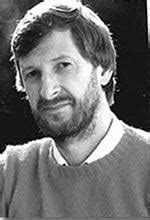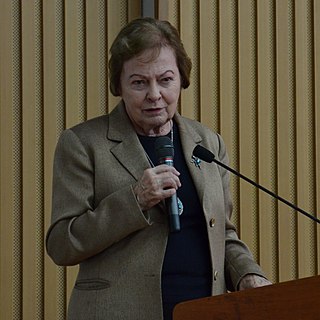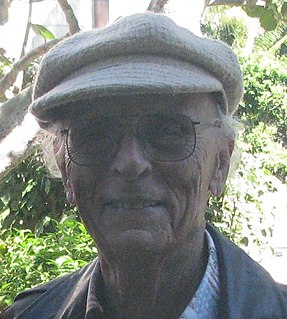A Quote by Alice Miller
Children who are respected learn respect. Children who are cared for learn to care for those weaker than themselves. Children who are loved for what they are cannot learn intolerance. In an environment such as this, they will develop their own ideals, which can be nothing other than humane, since they grew out of the experience of love.
Related Quotes
People whose integrity has not been damaged in childhood, who were protected, respected, and treated with honesty by their parents, will be-both in their youth and in adulthood-intelligent, responsive, empathic, and highly sensitive. They will take pleasure in life and will not feel any need to kill or even hurt others or themselves. They will use their power to defend themselves, not to attack others. They will not be able to do otherwise than respect and protect those weaker than themselves, including their children, because this is what they have learned from their own experience.
Raising children who are hopeful and who have the courage to be vulnerable means stepping back and letting them experience disappointment, deal with conflict, learn how to assert themselves, and have the opportunity to fail. If we’re always following our children into the arena, hushing the critics, and assuring their victory, they’ll never learn that they have the ability to dare greatly on their own.
My philosophy is that I am a friend of the children. I don't think anyone should see them as pitiable subjects or charity. That is old people's rhetoric. People often relate childish behaviour to stupidity or foolishness. This mindset needs to change. I want to level the playing field where I can learn from the children. Something I can learn from children is transparency. They are innocent, straightforward, and have no biases. I relate children to simplicity and I think that my friendship with children has a much deeper meaning than others.
Our children learn the phonetic method, which is why they're very good spellers, I suppose. Because rather than ABC or just saying a word, they'll have to go a as in apple and all the other a's there are in the English language. They learn that when they're four. Children all over America can tell you that a, e, i, o, u, and sometimes y are vowels. But you ask them about that "sometimes y," and they can't tell you.
There is no experience like having children.’ That’s all. There is no substitute for it. You cannot do it with a friend. You cannot do it with a lover. If you want the experience of having complete responsibility for another human being, and to learn how to love and bond in the deepest way, then you should have children.
Nothing enrages me more than when people criticize my criticism of school by telling me that schools are not just places to learn maths and spelling, they are places where children learn a vaguely defined thing called socialization...I think schools generally do an effective and terribly damaging job of teaching children to be infantile, dependent, intellectually dishonest, passive and disrespectful to their own developmental capacities.
Whatever other children learn in a year, let Bahá’í children learn in a month. The heart of ‘Abdu’l-Bahá longeth, in its love, to find that Bahá’í young people, each and all, are known throughout the world for their intellectual attainments. There is no question but that they will exert all their efforts, their energies, their sense of pride, to acquire the sciences and arts.




































